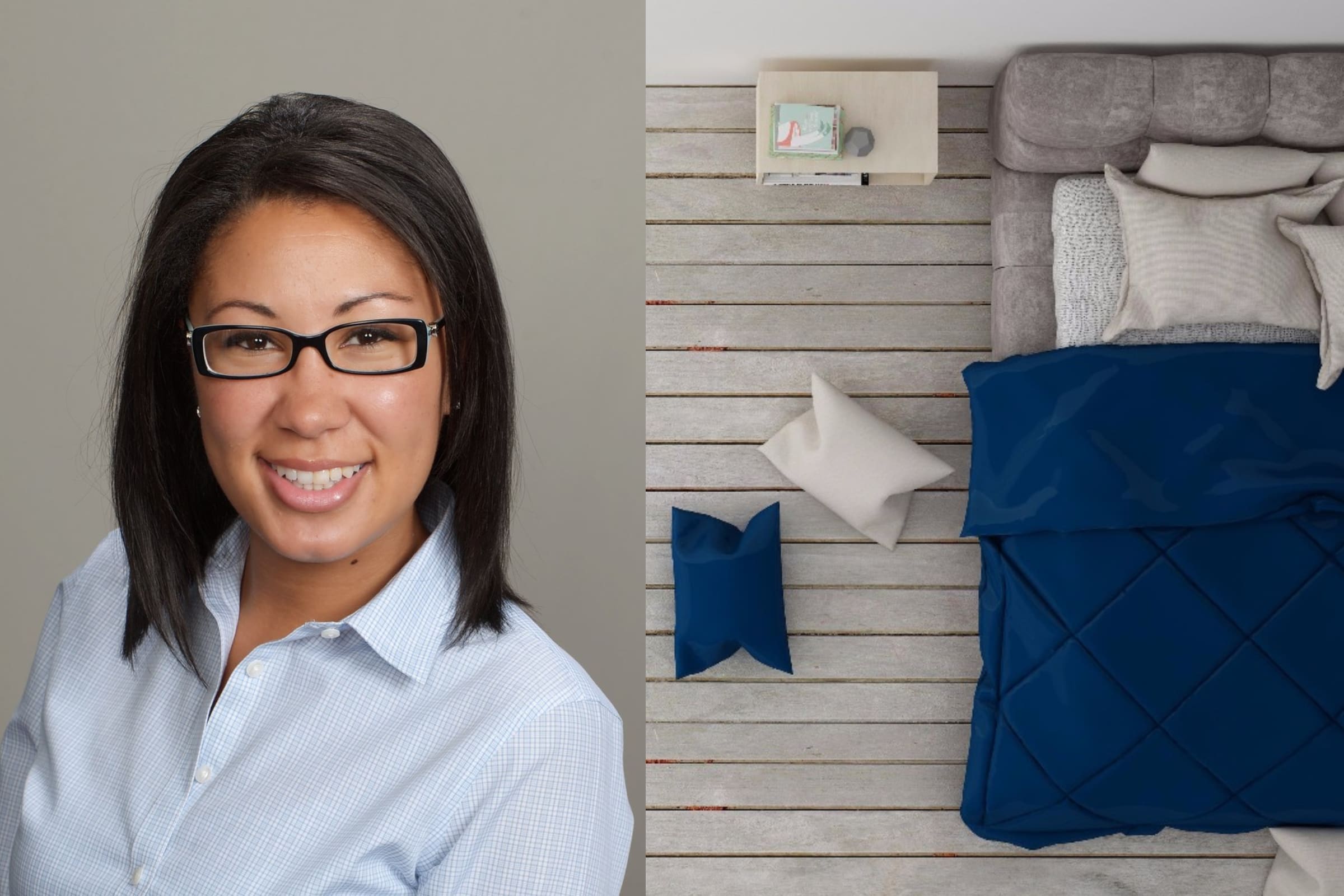When I seriously lack sleep, I am cranky and bitter, and my aversion to sleep makes me feel guilty and defensive. Especially when my husband asks me, “What time did you finally come to bed?” I lie about it because he just doesn’t understand why someone wouldn’t prioritize sleep. Neither did I.
I’ve worked it out with some therapists and have discovered I stay up late as a form of indulgence, but I end up sabotaging myself when it’s time to show up in the world as an adult with a career. It has gotten much worse throughout the coronavirus outbreak because for the past several weeks I’ve had no place to be in the morning. Then a friend referred me to Sarah Moe.
Moe is a registered polysomnographic technologist, which is a fancy way of saying she’s a qualified expert on matters of sleep. She’s been doing this for 15 years, and 5 years ago, she founded Sleep Health Specialists. I asked her to share some insight into effectively changing my sleep habits. Here are her 4 easy tips to get better sleep.
Get rid of the blue light.
Our sleep is the baseline for everything else feeling good. The first line of defense is discipline. We rule out sleep disorders by changing habits first. Approach sleep like you’re flying a plane: When it’s time to land, it descends slowly. One hour before you want to initiate sleep, turn off your television, computer and, most importantly, your phone. Blue light is having so much more neurological impact than many people realize. It’s the worst negative influence on our sleep.
Use an alarm clock.
Get an alarm clock, like the basic red digital one, and face the numbers toward the wall. This is really important for most people to hear: If your alarm is not going off, you don’t need to know what time it is. Most of us have awakenings during the night, and the first thing we do is wonder what time it is. Then you look at your phone and start doing panic math trying to figure out how much longer you have to sleep, which reactivates the neurological system.
Don’t hit snooze.
When your alarm goes off, get out of bed to turn it off and don’t go back to sleep. Our last hour of sleep is REM, the cellular restorative state that keeps us alive. Every time you hit snooze, you’re pulling yourself up out of REM then your body spends nine minutes trying to get back in then it’s up again when the alarm sounds. Don’t set your alarm to build in snooze; set your alarm for the last possible moment you need to get up. It sounds terrible until you try it for two or three nights. But trust me, you’ll feel better.
Wear a sleep mask.
If you make a behavior modification like putting on a sleep mask, the minute you put it on, your body is going to start secreting sleep and relaxation hormones. When you place it over your eyes, your entire body knows that it’s officially bedtime. Also, don’t let the light wake you up if you don’t have to. Wear a mask; it will change your sleep health.


